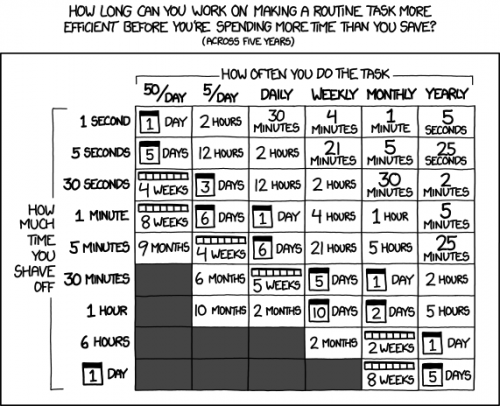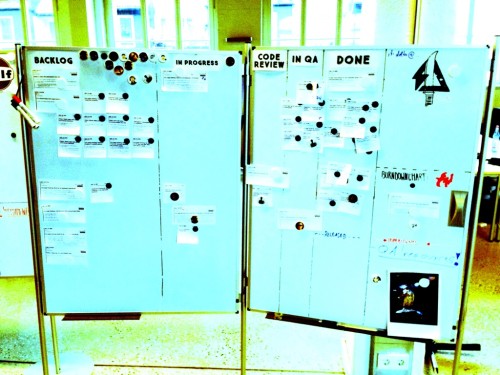It’s amazing how well-timed this article is for the things that go on around me right now. But even if you are not spending most of your days, nights, and weekends building a company at this moment, have a go at it anyway. Here’s a bit to get you started:
My current hypothesis is that if you are a CEO, focus your organization on the three machines. Product, Customer, and Company. Then, have a direct report own one of them. If you have a sub-scale leadership team (e.g. you are three founders and four other employees), as CEO you can own one, but not more than one. As you get bigger (probably greater than 20 employees), hopefully now you have enough leadership to have one person own each, but recognize that if someone is being ineffective as a leader of one of the machines, you will have to replace them in that role (either by firing them or re-assigning them).


